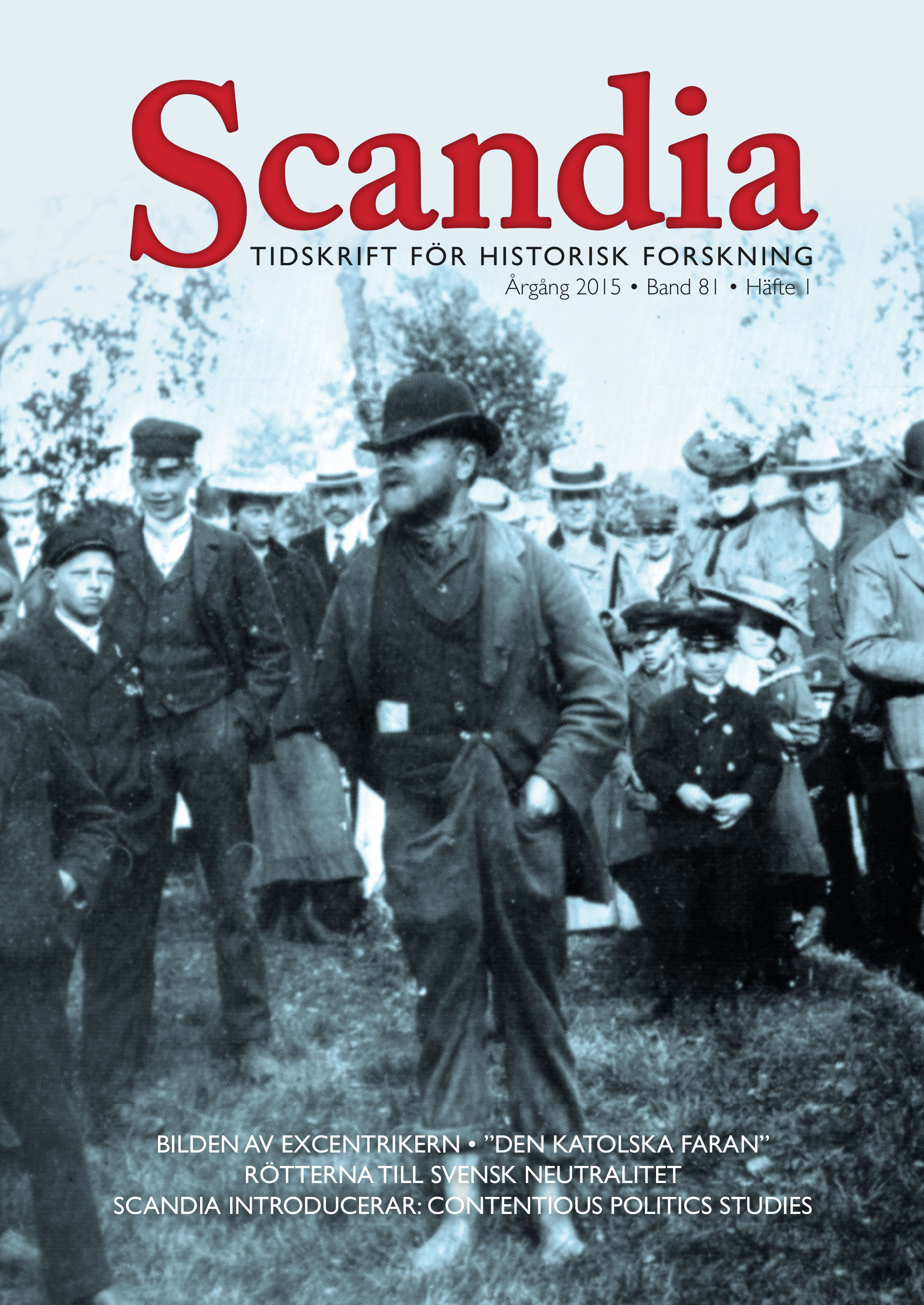Språk
Scandia Blogg
Socialhjälpstaten
Allmänningen – en central periferi genom historien
Karin Grundström & Mathilda Rosengren, Malmö universitet
Denna blogg innehåller en...
Sexualpolitikens folkliga dimension
Peter Bauer, Linnéuniversitetet
Bloggen diskuterar lokala aktörers arbete för att...






